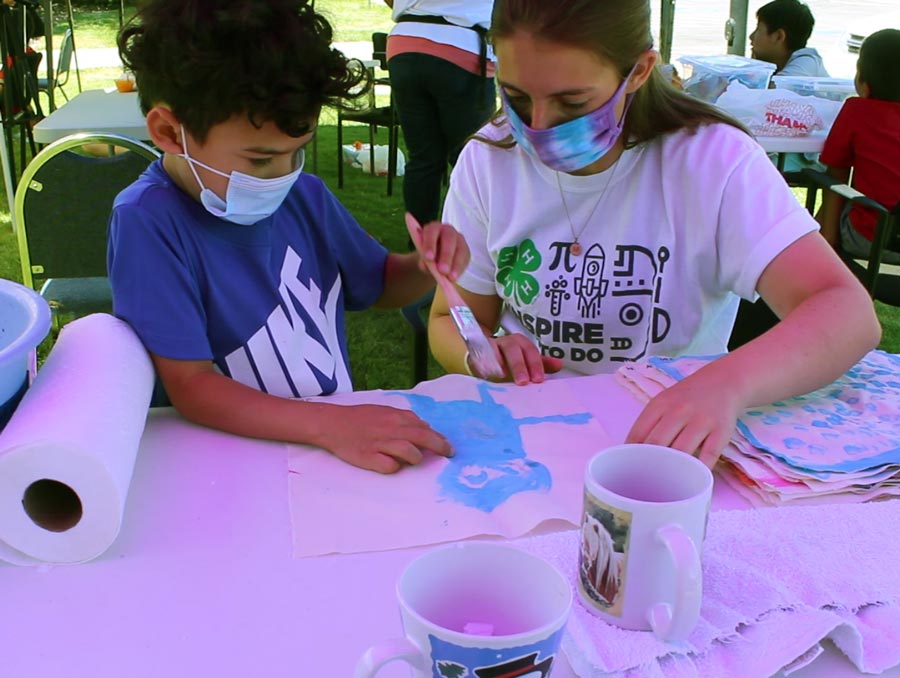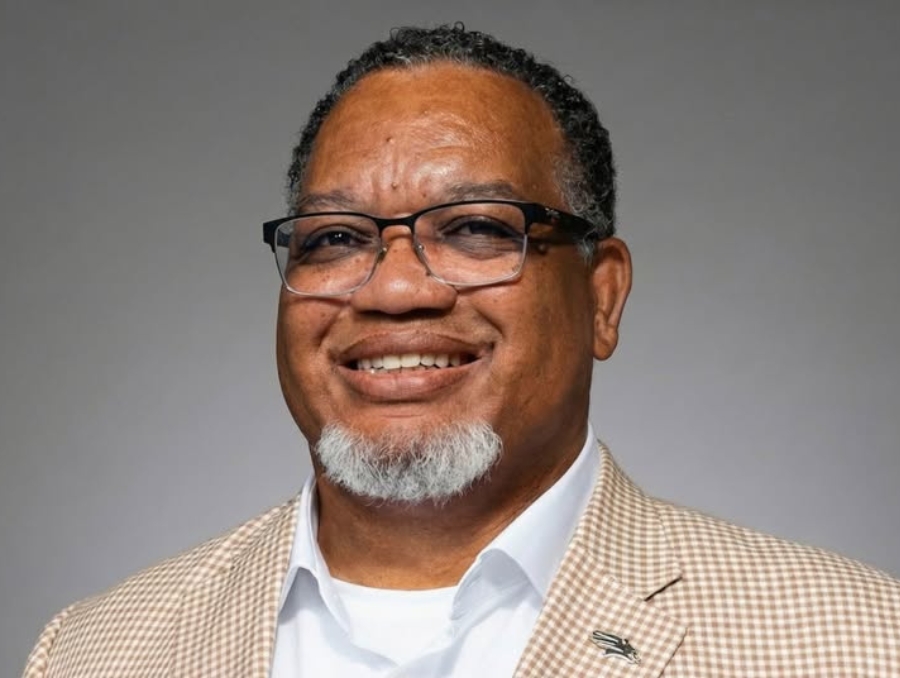With the COVID-19 pandemic forcing many children and youth to engage in distance learning, there have been concerns about the students’ educational opportunities, mental health and access to resources. According to a statewide survey conducted by the University, communication, quality of distance education, interactive and engaging distance learning, and social-emotional health of students were among the most important educational issues of the pandemic. Of the survey respondents, who were families, school personnel and community members, only 47% were satisfied with the school districts’ pandemic response, and only 36% felt the school year was going good or very good. Individuals from rural school districts responded more positively to both questions than those from urban districts.
University of Nevada, Reno Extension, a unit of the University’s College of Agriculture, Biotechnology & Natural Resources, partnered with the University’s College of Education & Human Development and the Nevada Department of Education to develop and distribute the survey. The survey was created in response to a request from the Nevada Association of Counties to help identify youth needs and high-quality educational activities and programs to support their academics and mental health during COVID-19. The survey was designed to identify what stakeholders consider most important for ensuring the academic success, health and well-being of youth, and lessons learned in terms of pre-K-12 education delivery during the pandemic in Nevada.
Over 1,300 people responded to the survey, and the team received over 2,000 comments. The results are compiled and published in a report, “Nevada Stakeholder Perceptions of Youth Educational and Mental Health Needs During the Pandemic.”
“The information gained from this statewide study will aid counties in providing resources and support for Nevada youth and families,” Dagny Stapleton, executive director for the Nevada Association of Counties, said. “As always, we appreciate the partnership between Nevada's counties and Extension."
Extension Associate Director Shannon Horrillo, who helped conduct the survey, said the assessment highlighted several lessons learned that can inform post-pandemic educational delivery. For example, many respondents identified increased and frequent communication among students, families, teachers and administrators as one of the positive aspects of the COVID response in school. Having clear and consistent expectations at the school- or district-level also emerged as a lesson learned. In addition, many respondents were happy with the increased access to technology and internet services, when made available, to support educational work in a variety of instructional delivery models.
The survey also exposed needs, such as better internet and technology access and support for both educators and students, especially in rural areas. Respondents also expressed that distance learning is not meeting the unique educational needs of children with disabilities, especially those with significant disabilities and those with low-incidence disabilities. Finally, the toll of the pandemic on youth’s mental health and learning was clear in the data received.
“My oldest, fifth grade, has had to start seeing a therapist because he feels ‘worthless’,” wrote one parent in response to an open-ended question. “My middle child, third grade, is having angry outbursts. My kindergartener has gone from being a happy, fun ray of sunshine to being a crabby monster. She cries all day long about how this isn’t ‘her school’, and she is barely absorbing information because she can’t use the computer without help, but I have two other kids to help and a 2-year-old.”
“Youth development doesn’t happen just inside the classroom,” Horrillo said. “That’s where ‘wrap around services’, such as mental health services, family support services, and programs such as Extension’s 4-H Youth Development Program, come in. We want to help connect families and schools to these types of resources and programs.”
Based on their findings and lessons learned, the team plans to collaborate with stakeholders across the state to help address current and future needs to support the education of Nevada’s youth. The team has developed a website where the public can access the initial report and subsequent reports. Individuals wanting information about the quantitative data can email the 4-H team. Families, educators and community members will also find an online resource guide with existing programs and resources that support the academic success and mental health of Nevada youth.
The team also plans to explore the survey data more thoroughly and develop additional publications to help guide decisions surrounding education, education delivery, and youth’s emotional and mental health.
Horrillo said last year, more than 49,804 youth participated in Nevada 4-H clubs, after-school programs, camps and other 4-H activities. The Nevada 4-H Youth Development Program is a learn-by-doing life-skills program that teaches youth communication, self-concept, team-building, problem-solving, decision-making, self-responsibility, conflict resolution, aspiration-building, goal-setting, community leadership and career development. For more information on Nevada 4-H or the “Nevada Stakeholder Perceptions of Youth Educational and Mental Health Needs During the Pandemic” report, email Horrillo.
















